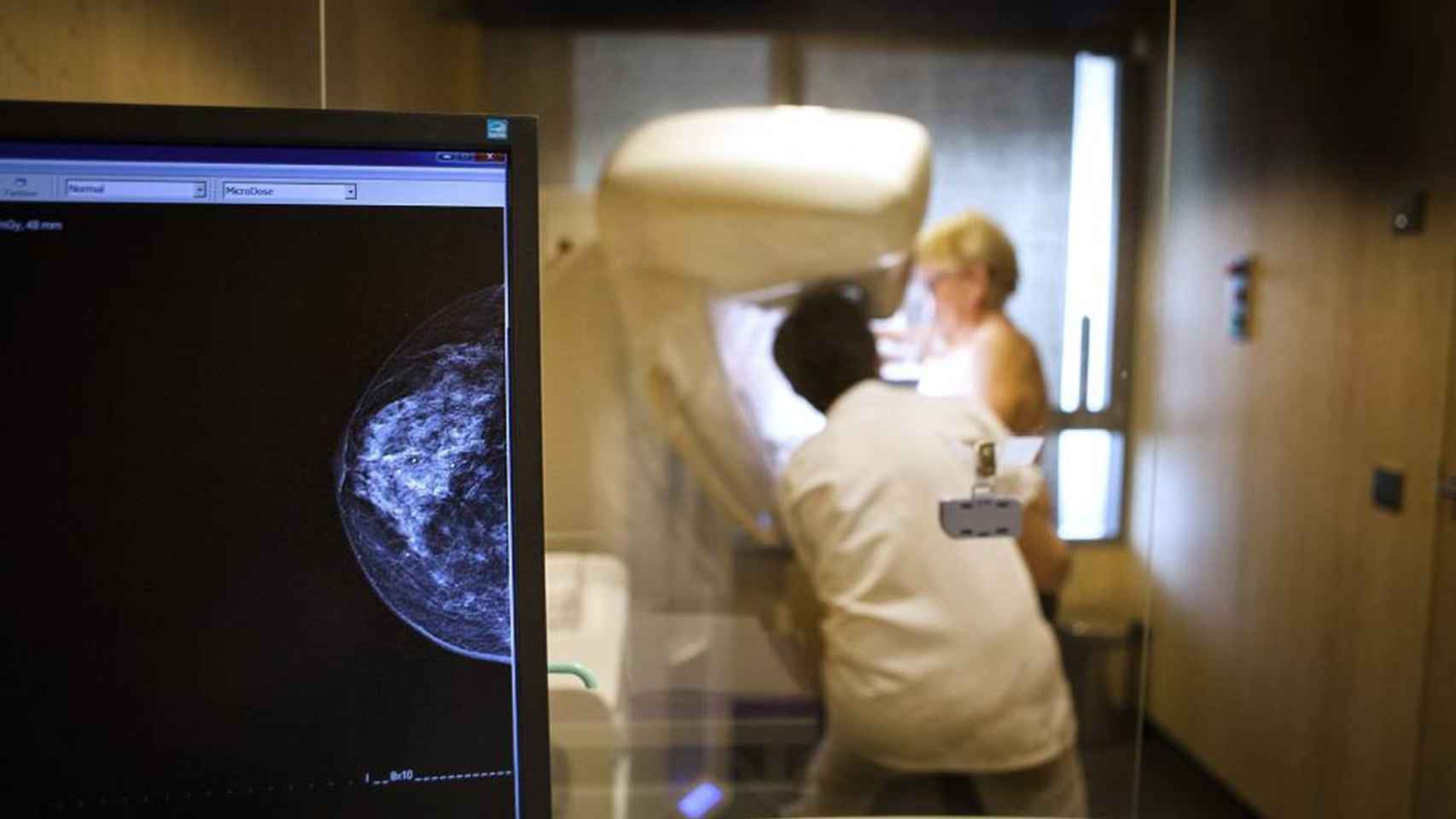WHO warns there will be 35 million new cancer cases in 2050, up 77% from 2022

The number of cancer cases is increasing around the world, but not all countries have sufficient resources to prevent, treat and mitigate the consequences of this widespread disease. These are the main findings of a report prepared by the International Agency for Research on Cancer (IARC) of the World Health Organization (WHO) based on data collected up to 2022. Thus, they were able to foresee that in 2050 more will be registered 35 million new cancer cases all over the planet.
According to the latest data available to the agency, there are currently 20 million new cases of cancer and 9.7 million deaths from this cause annually on the planet. Additionally, 53.1 million people are alive five years after their cancer diagnosis. In total, it is estimated that One in five people will develop a tumor throughout his life. Every ninth man and every twelfth woman will die from this disease.
“The latest estimates of the global burden of this disease for 2022 overall show that tumors of the lung, breast, colorectal and prostate continue to occupy the main positions in the burden of this disease,” estimates Pablo Fernandez Navarro, researcher at the Department of Cancer and Environmental Epidemiology of the National Epidemiological Center of the Carlos III Institute of Health, in a statement Scientific Media Center.
(Why cancer affects young women in Spain: almost twice as many cases as men)
“Specifically, Spain has seen an increase in some disease indicators, such as breast disease, and a decrease in others, such as prostate, compared to 2020. Regional and temporal variations in these indicators will need to be analyzed carefully. , which will undoubtedly contribute to the surveillance and fight against cancer among the population,” the specialist estimates.
According to the IARC Global Cancer Observatory, ten types of cancer account for two thirds new cases registered in the world and deaths due to this. Lung cancer does top the list with a prevalence of 12.4%, equating to 2.5 million new cases. Breast cancer in women is 11.6% (2.3 million), colorectal cancer 9.6% (1.9 million), prostate cancer 7.3% (1.5 million) and stomach cancer 4.9% ( 970,000 cases).
In terms of mortality, lung cancer accounts for 18.7% of total deaths (1.8 million) and is associated with chronic smoking in Asia. Next comes colorectal cancer with 9.3% (900,000 deaths); liver – 7.8% (760,000 deaths); breast – 6.9% (670,000 deaths): and stomach – 6.8% and 660,000 deaths. He cervical cancerFinally, it is eighth in the world, but first among women from 25 countriesmainly in sub-Saharan Africa.
When it comes to prevention, WHO highlights the disparities between developed and developing countries. In the first case, one in twelve women will be diagnosed with breast cancer, and one in 71 will die. In the latter case, one diagnosis will be made for every 27 women, and one death in every 48. “In less developed countries, women are 50% less likely to be diagnosed with breast cancer, but are much more likely to die due to late diagnosis and lack of access to adequate treatment.”
“These data represent a warning signal regarding the current and future impact of cancer in our global society,” he said. Eduard Teixidor, Associate Professor, Department of Medical Oncology, Catalan Institute of Oncology and University Hospital of Girona Dr. Josep Trueta. “Thesecough data shows that the projected increase in cancer incidence will lead to extra pressureespecially in countries with lower rates of development.
“It should be noted that the increase in cancer incidence is associated with exponential population growth And improved life expectancy. On the other hand, survival is more related to early diagnosis and treatment. While advances in cancer diagnosis and treatment are being made, they often have a high economic impact. Growing inequalities between countries will increasingly highlight differences in problem-solving ability neoplasms“, he concludes.